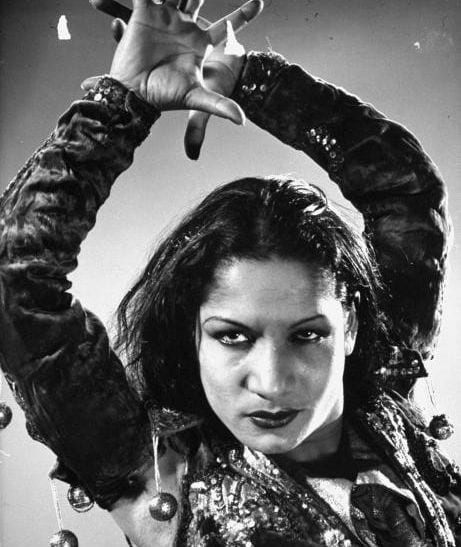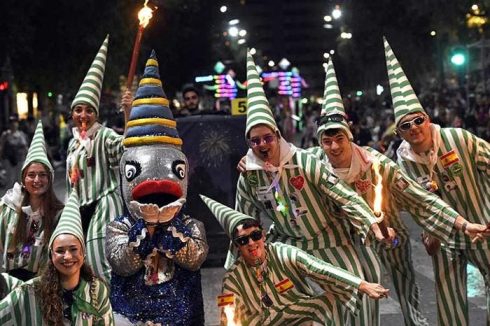IT’S a tired old joke that Spain is the home of macho Iberico.
But after an online poll to select ‘Seven Spaniards who changed the world in recent history’ was released this week, it seems the ugly rumour may be true.
There was just one problem with the list, voted for by 21,000 Spaniards. There wasn’t one woman on it.
To rectify this egregious overlooking of half of the population, The Olive Press has created its own role call of honour – seven sensational Spanish senoras who deserve a list of their own.
These women have not only been outstandingly successful in their fields; they first had to break down every sexist barrier and macho mindset – one that apparently still exists to some extent in Spain – to gain their place on the international stage.
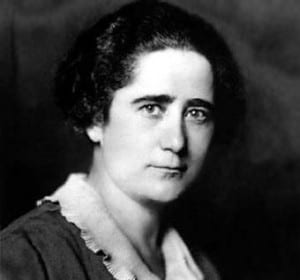
Clara Campoamor Rodriguez, the only woman shortlisted during the recent poll, was an Emily Pankhurst of her time. Born in Madrid in 1888, she was the lead advocate on women’s rights and suffrage during the creation of the Spanish constitution in 1931. After receiving her law degree from the University of Madrid, she was elected to the 1931 Constituent Assembly, despite the fact that women couldn’t vote at that point. She is credited with insisting upon the clause in the constitution that ensures gender equality today.
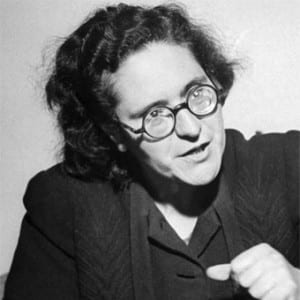
Federica Montseny was a unique combination of revolutionary and dedicated social reformer who became the first female Cabinet minister in Spain. Born in Madrid in 1905 to anarchist parents, she worked for several anti-establishment journals before being appointed to the position of Minister of Health in 1936, a lone woman in the then all-male world of Spanish politics. As a minister, she improved orphanage conditions, created schools for prostitute rehabilitation, and attempting to safely regulate abortion.
Carmen Amaya was responsible for gaining worldwide recognition for one of Spain’s most beloved traditions – flamenco. Born in the poverty-stricken Barcelona slum of Somorrostro in 1913, at age five she began to accompany her guitarist father in flamenco tablaos in order to put food on the table. Discovered by critic Sebastian Gasch, he described her as the embodiment of ‘pure soul’. Fleeing the war, her subsequent tour through Latin America and the US was a sensation, landing her on the front cover of Life Magazine and taking her to meet President Roosevelt
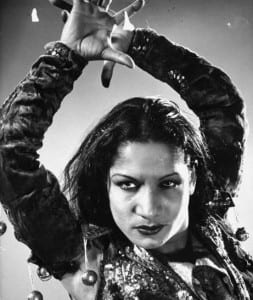
at the White House.
Pianist Alicia de Larrocha immortalised the works of great Spanish composers through her adept and extraordinarily long fingers. Born in Barcelona in 1923, she was one of the most renowned interpreters of Spanish composers of her time – Isaac Albeniz, Francisco Granados and Federico Mompou, to name a few. At five, she made her solo debut at the 1929 International Exhibition in Barcelona. She was the first Spanish artist to receive the UNESCO Prize in 1995.
Margarita Salas continues to forge her astounding path through the field of biochemistry. Born in 1938 in Asturias, she received her BSc and PhD in chemistry from the Complutense University of Madrid in 1963. Four years later, she travelled to America to work with renowned Spanish scientist, Severo Ochoa. She holds the patent on the DNA synthesis of bacteriophage phi29, which has long-reaching consequences in biotechnology and medicine. In 2008, she received the noble title, Marquise of Canero (her hometown), from King Juan Carlos I.
Rosalia Mera Goyenechea’s incredible trajectory from humble beginnings to explosive success rivals the best rags-to-riches stories. Born in A Coruña in 1944, she left school at 11 to become a seamstress but died the richest woman in Spain and the richest self-made female entrepreneur in the world. What happened in between was Zara, which is now part of Inditex, her and her husband’s multi-billion euro corporation, known for its unique production and marketing techniques. A renowned philanthropist, Goyenechea launched the Paideia Galiza Foundation to assist marginalised groups, and fought against anti-abortion laws.
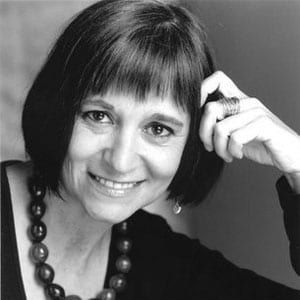
Rosa Montero broke completely new ground for female journalists working in Spain. Born in 1951 in Madrid, she suffered from tuberculosis as a child, when she developed her passion for reading and writing. She started working for Spanish national newspaper, El Pais, in 1976, and was the first woman awarded the prestigious Manuel del Arco Prize two years later for her Sunday edition interviews. She was later awarded a Lifetime Achievement Award from the Press Association of Madrid, a Spring Novel Prize and two Que Leer awards.

